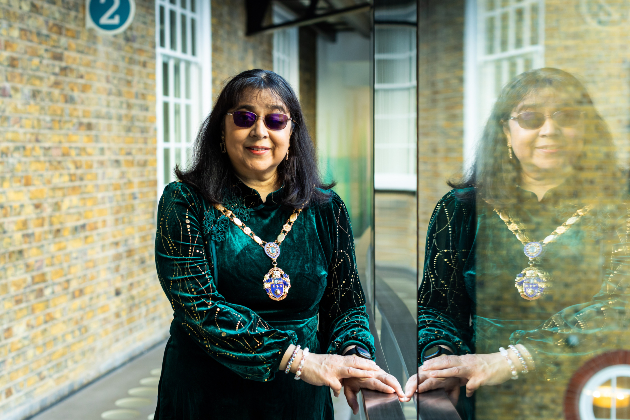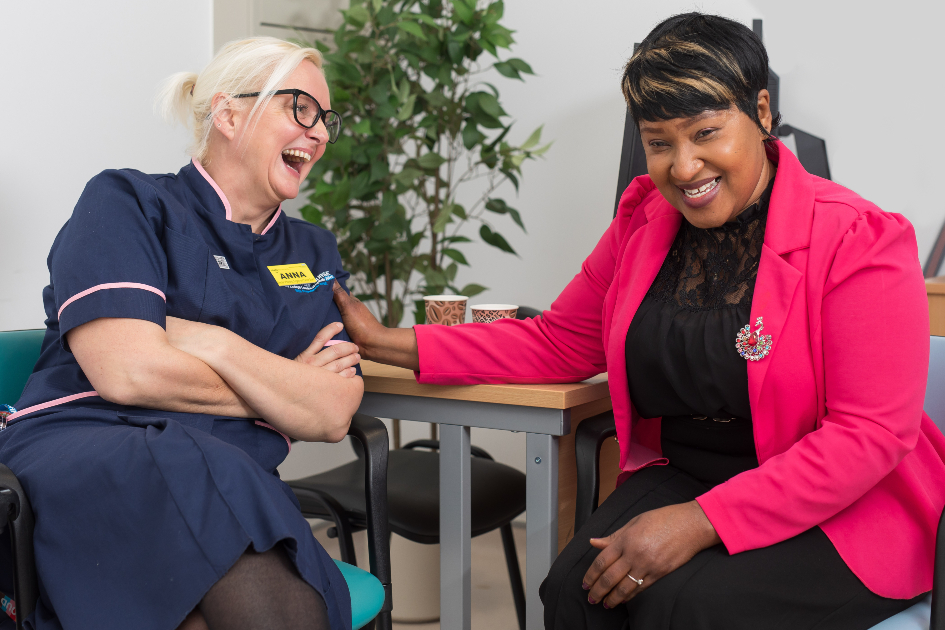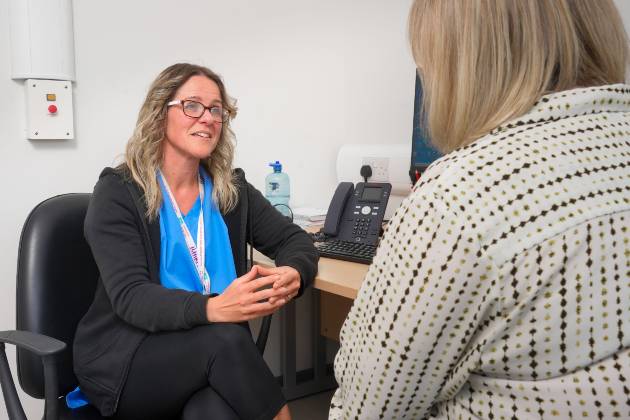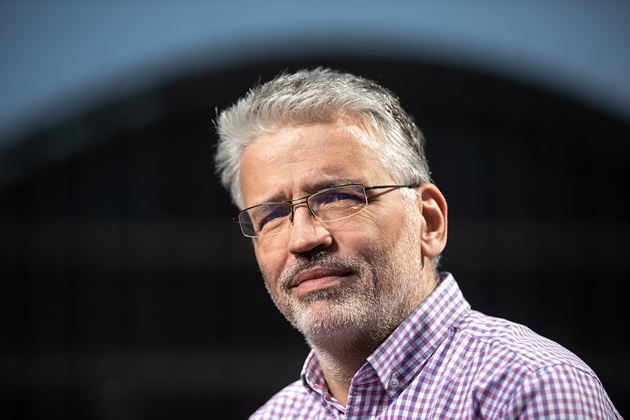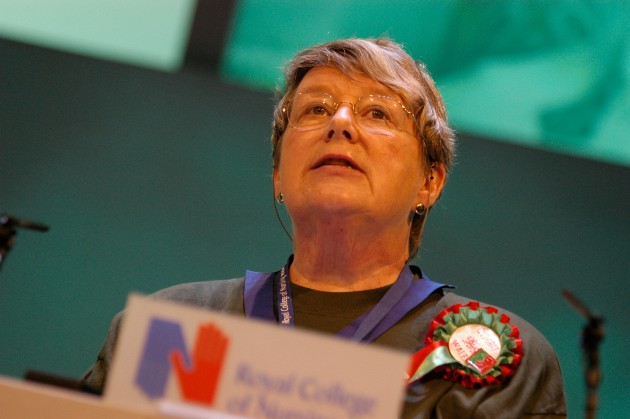Let’s take it back to the beginning. Where did you grow up?
I grew up in Hertfordshire in a community of nurses. My parents came from Mauritius in the 60s, moving to a place where lots of registered nurses lived, from a diverse range of backgrounds. There were nurses from Spain, Ireland, Mauritius and West Africa.
Both my parents were mental health nurses. I vividly remember them coming home from work with their nurses’ uniforms on. They inspired me to pursue a career in nursing. I remember thinking, “I want to wear that”. They used to come home and talk about caring for patients, and it enthused me greatly.
What was your journey into the nursing profession?
I trained as a registered nurse at the Brent and Harrow School of Nursing between 1988 and 1991. From there, I worked in theatres at Northwick Park Hospital and did my ENB 176 to become an operating department practitioner. I moved on to the Whittington Hospital, where I worked very happily for 7 years, before I moved on to the private sector for the next 14 years. I decided to move into practice development, and my job became more focused around equality, diversity and inclusion (EDI) within the nursing profession.
It's important to be authentic as a leader and not performative
I became a member of the Chief Nursing Officer BAME Strategic Advisory Group and was involved in several consultations with the NMC in relation to EDI.
Then I moved into education because one of my main passions was teaching students. My students who know me well call me the ‘student nurse whisperer’. I was given this nickname because I knew how to support, motivate and inspire them by providing the right knowledge and skills when teaching them.
I wanted to improve their experience in education. I also noticed that nursing was becoming a challenging profession for them. At the University of Middlesex, I developed four student and staff networks. One of these was the Middlesex anti-racism network, which led to a lot of EDI work across reverse mentoring of members of the executive team.
I moved to the University of East London for a senior lecturer role and shortly after, I found myself elected as RCN President.
How did you feel when you found out you’d been elected?
It came as quite a shock. In terms of campaigning, I tried my best and really put myself out there, using social media as much as possible. I was over the moon, but there was also a feeling of relief, as I wanted to work towards improving the RCN following the KPMG and Carr reviews. Being a member of the RCN for so many years, my election had the potential to help realise my desire to make changes.
What makes you a good RCN President?
I know that I'm a leader now. And stepping into this role, I know it’s important to be authentic as a leader and not performative. I'm not a performer. I'm authentic in the sense that I lead with integrity. For me, it’s important to make sure that members’ voices are represented. I'm not just for those who voted for me, I am also for those who didn't.
What are your main priorities in your term?
Firstly, I will continue to fight for fair pay for our members.
I'm also passionate about protecting the title nurse. There appears to be a blurring of lines in the role of the nurse and what nursing is, especially with the pressures of short staffing and not enough registered nurses in the profession now.
I want to build on retention and recruitment for the nursing workforce and encourage people to come into the nursing profession. It's a wonderful profession to be part of and I'm very proud of that.
You can't change anything by complaining about it
I also want to improve the RCN’s member engagement, enhancing members’ experience of representation when they need help or raise workplace issues of bullying, harassment, racism and discrimination. I'm currently working with a group of reps on EDI issues they’ve raised. They’re keen to know how to identify and tackle racism in the workplace.
I chair the RCN’s International Committee and of the many things that have come up recently, the most important is the UK’s overreliance on recruitment of internationally educational nurses due to staffing shortages. This is of great concern to me because some of the countries recruited from are on the ‘red list’ indicating they have a shortage of nurses. If we’re recruiting from outside the UK, this must be done ethically, and we must make sure those nurses are supported, their prior skills, knowledge and experience must be acknowledged. This is a key area of focus for me because I want the RCN to improve and offer the very best representation to those nurses.
Why is it important to take an active role within the RCN?
It's important to be active to effect change, for yourself and for others. That's the reason why I'm committed to this role. One of the best ways you can do this is to get involved in active roles such as being a member of RCN Council, being a board member, becoming a rep, joining a committee or joining a forum.
You can’t change anything by simply complaining about it. I would encourage everybody to become active and participate. My first active role within the RCN was being on the London region board.
Look at what you have to offer. You might not think it's much, but you probably have a lot of knowledge and experience that would help steer how the nursing profession moves forward in the future. So, get involved.
Any final words for RCN members?
I'm here for you as RCN President, but also as Sheila, for those of you who've got any pressing questions or issues. I would like to support you as much as I can. I'd like you to feel my door is open.


